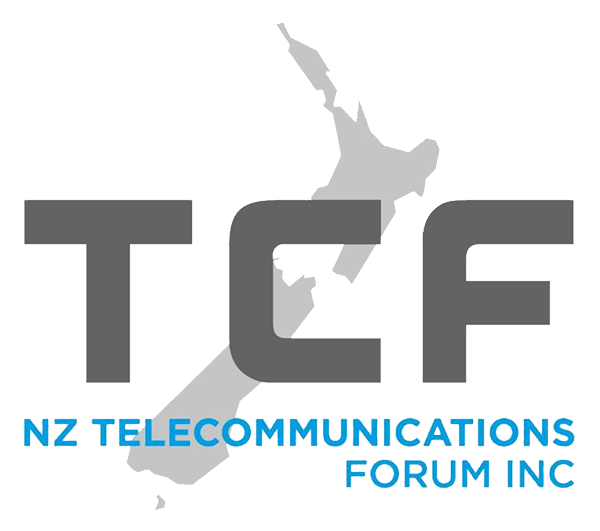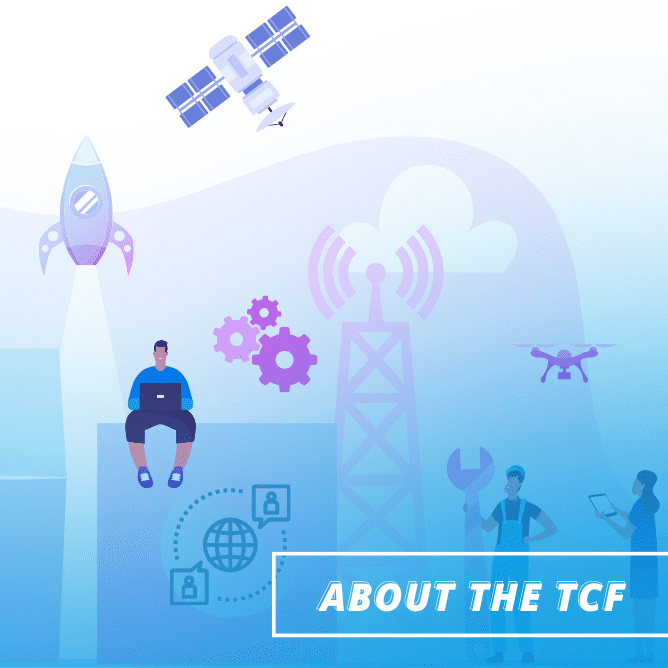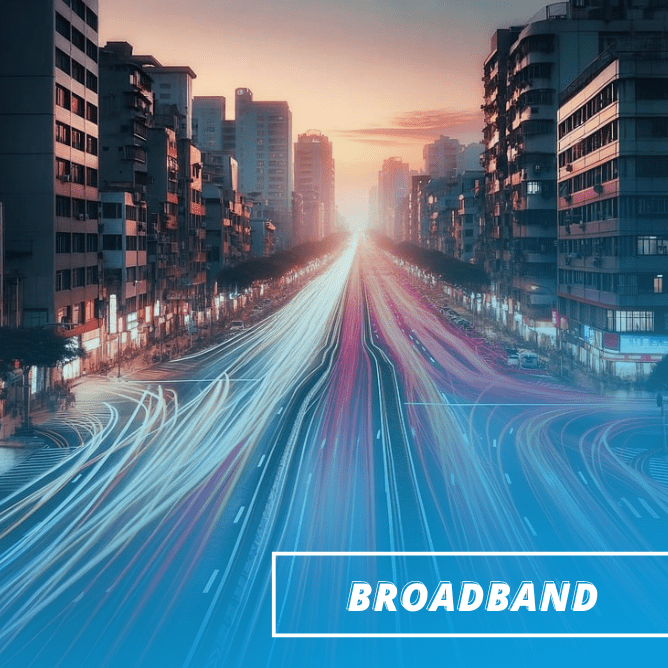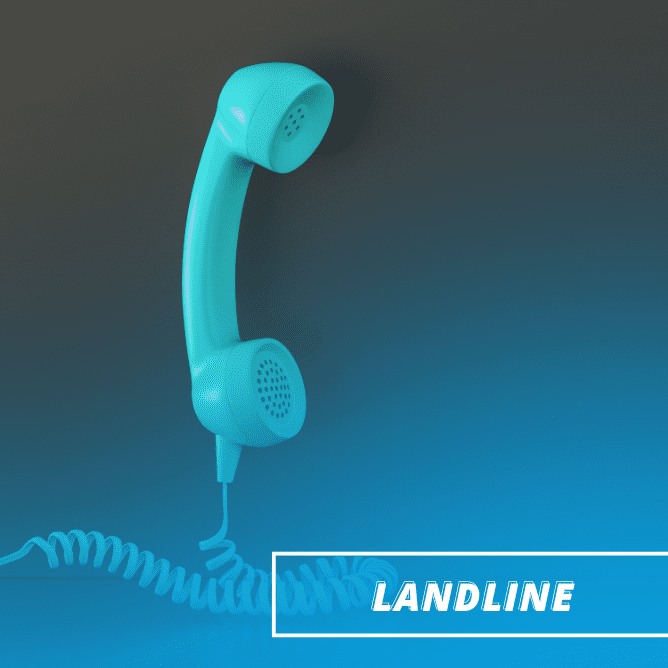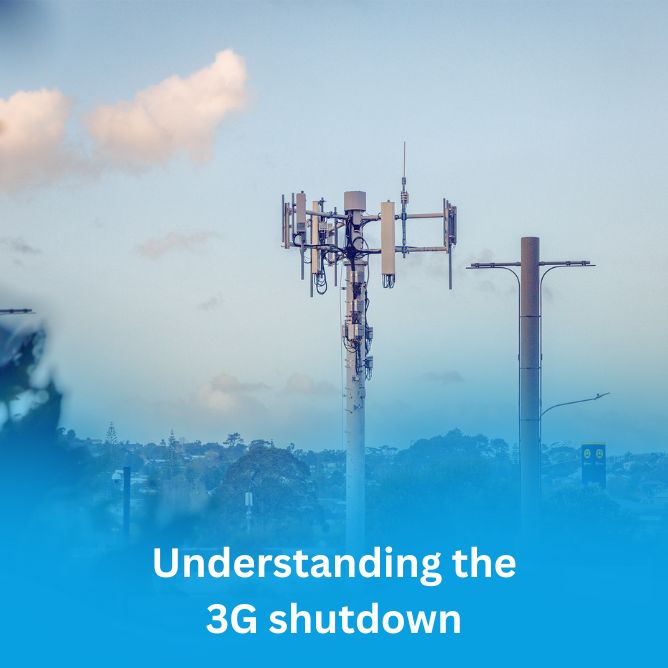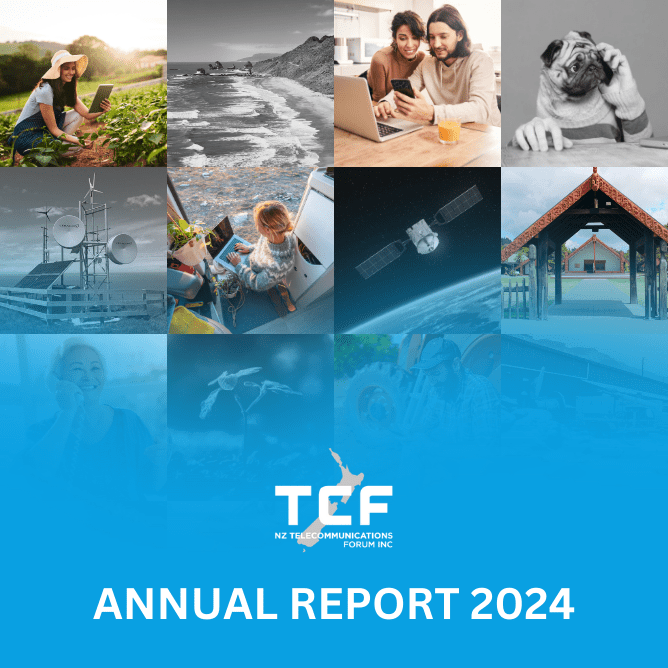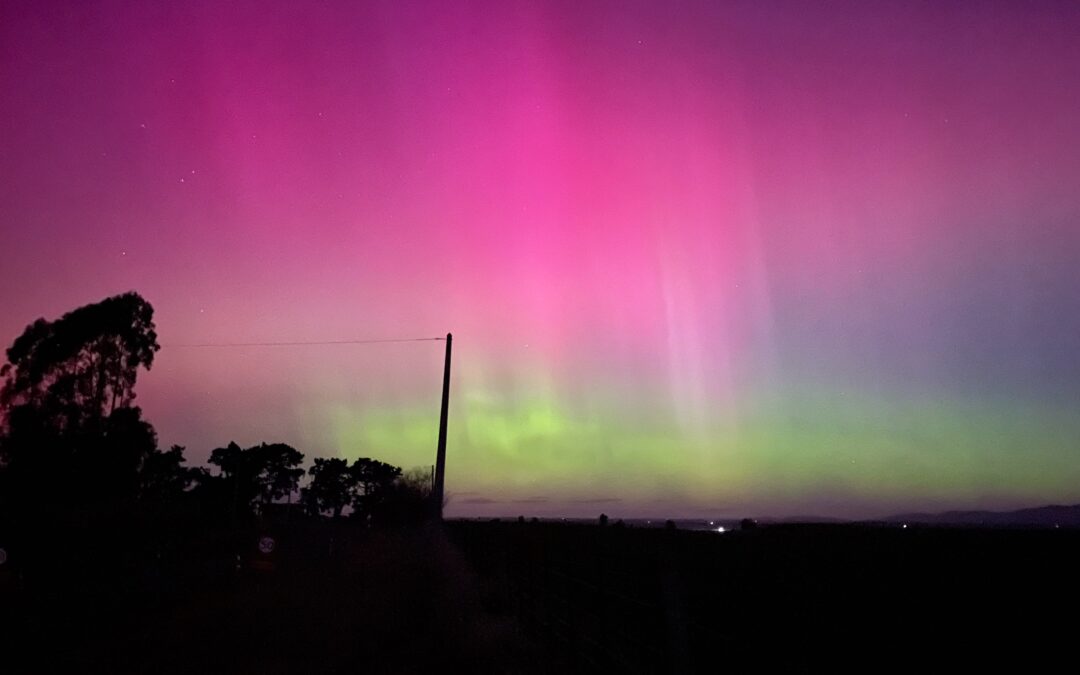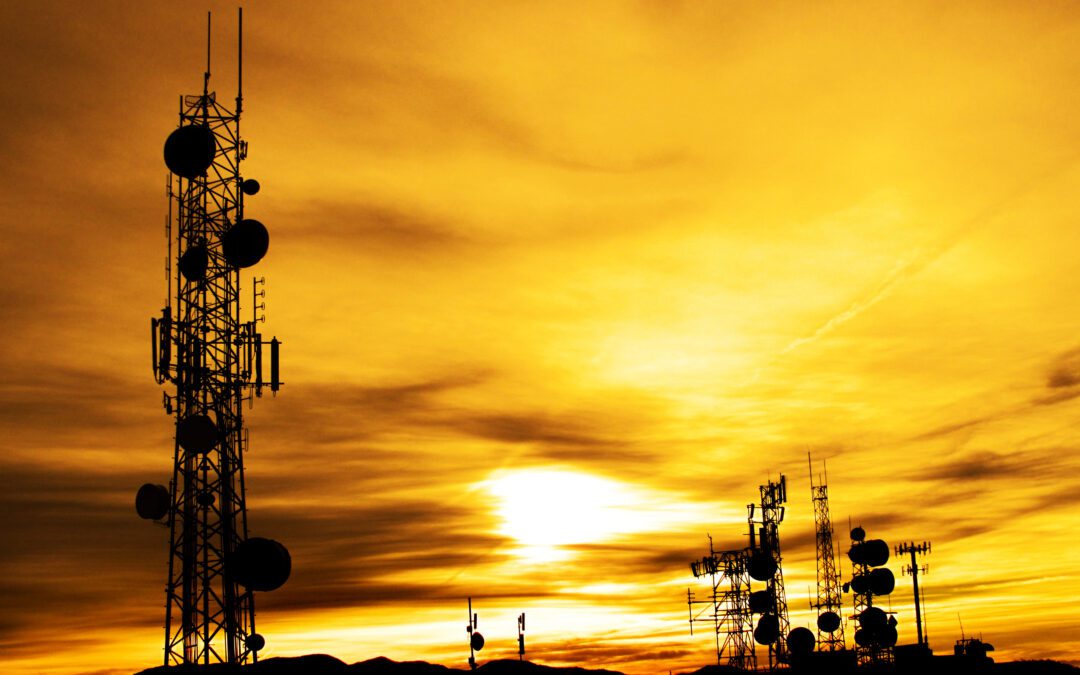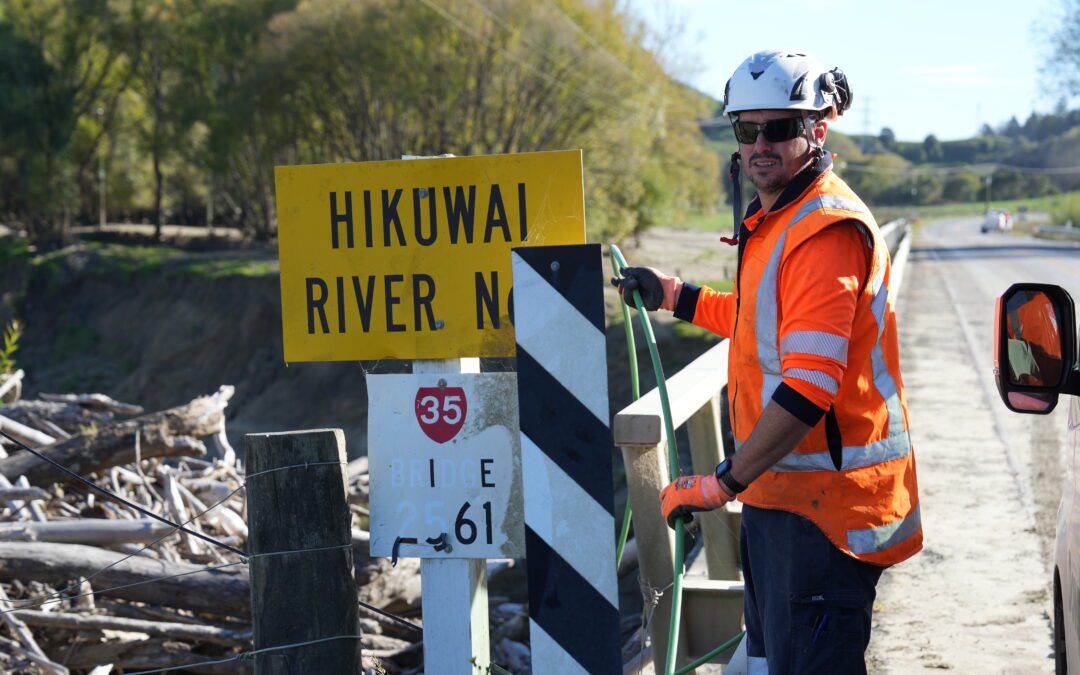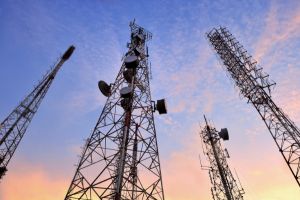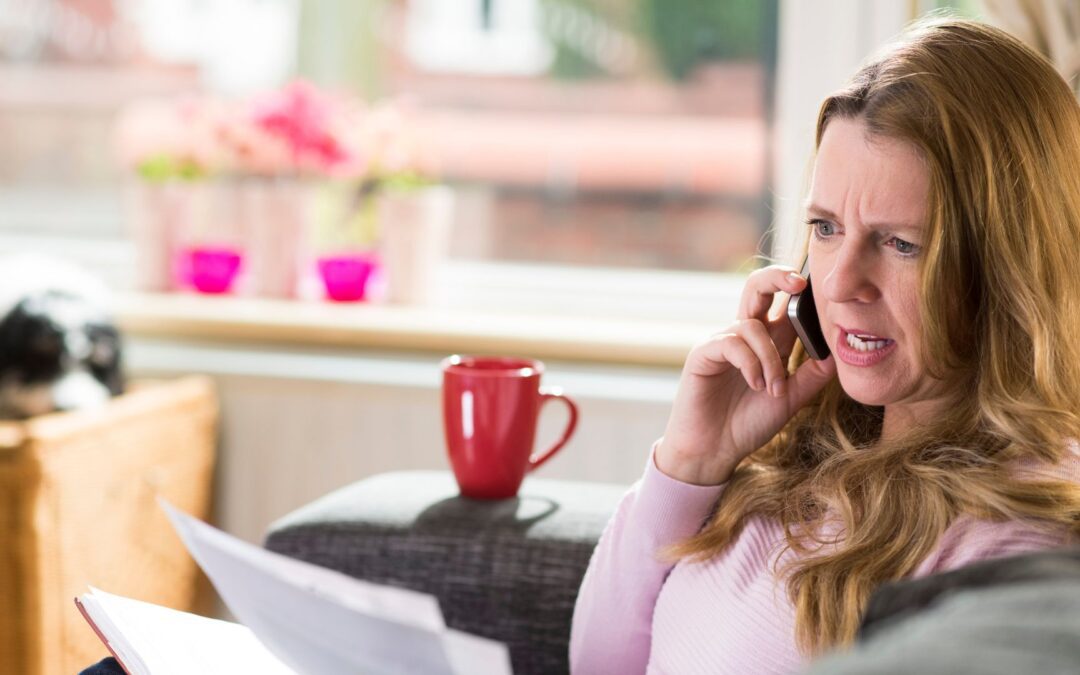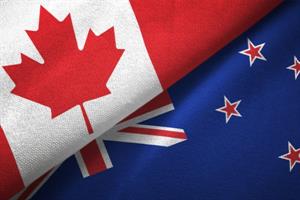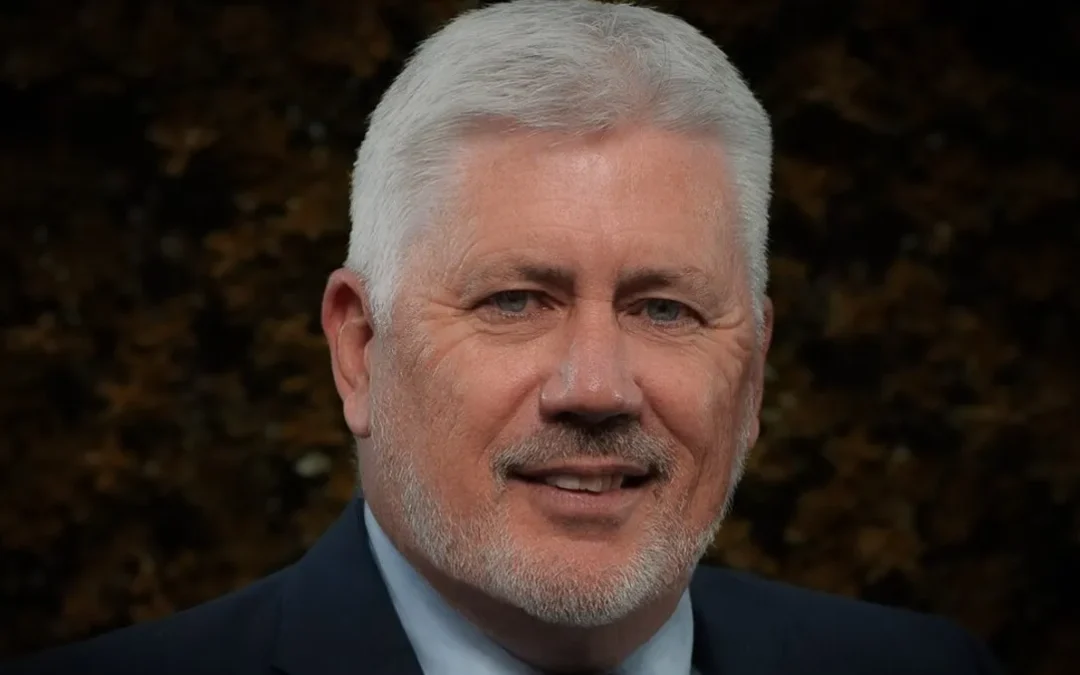“The first phase of the UFB (UFB1) roll-out has been completed one month ahead of schedule and within budget, and now offers high quality broadband to 79 per cent of New Zealanders,” says Kris Faafoi.
“When we came into government with New Zealand First and the Green Party we committed to investment that would further develop New Zealand’s digital capability and close the divide between urban and rural access.
“It’s hard for many of us to remember what ‘connectivity’ was like a decade ago. The roll-out of this vital infrastructure has been a game changer across so many sectors.
“From state of the art schooling in the classroom to high speed health services both in hospitals and through mobile services in communities, UFB is adding value in New Zealanders’ lives,” says Kris Faafoi.
Completion of the first stage of the Ultra-Fast Broadband roll-out also makes New Zealand the eighth most UFB available country in the OECD.
“UFB1 has reached over 1.5 million households and businesses, including all urban schools and hospitals,” Mr Faafoi said.
The programme will also continue to support economic growth in smaller regional towns across New Zealand as people are able to operate digital businesses and access online education with exactly the same connectivity as in big cities, he said.
“I would like to thank the four partners who have made this possible – Northpower, Enable Services, WEL Networks, Chorus and the many workers involved.
“I wish them all the best as they continue to roll-out the expansion of the UFB programme, which will take the network to over 400 cities and towns across the country.”
The expansion to the UFB programme is scheduled for completion in 2022, and will cover 87 per cent of New Zealand’s population and 405 cities and towns.
Source: Beehive
